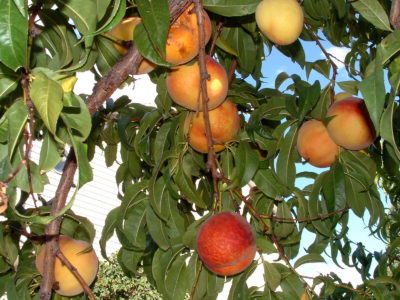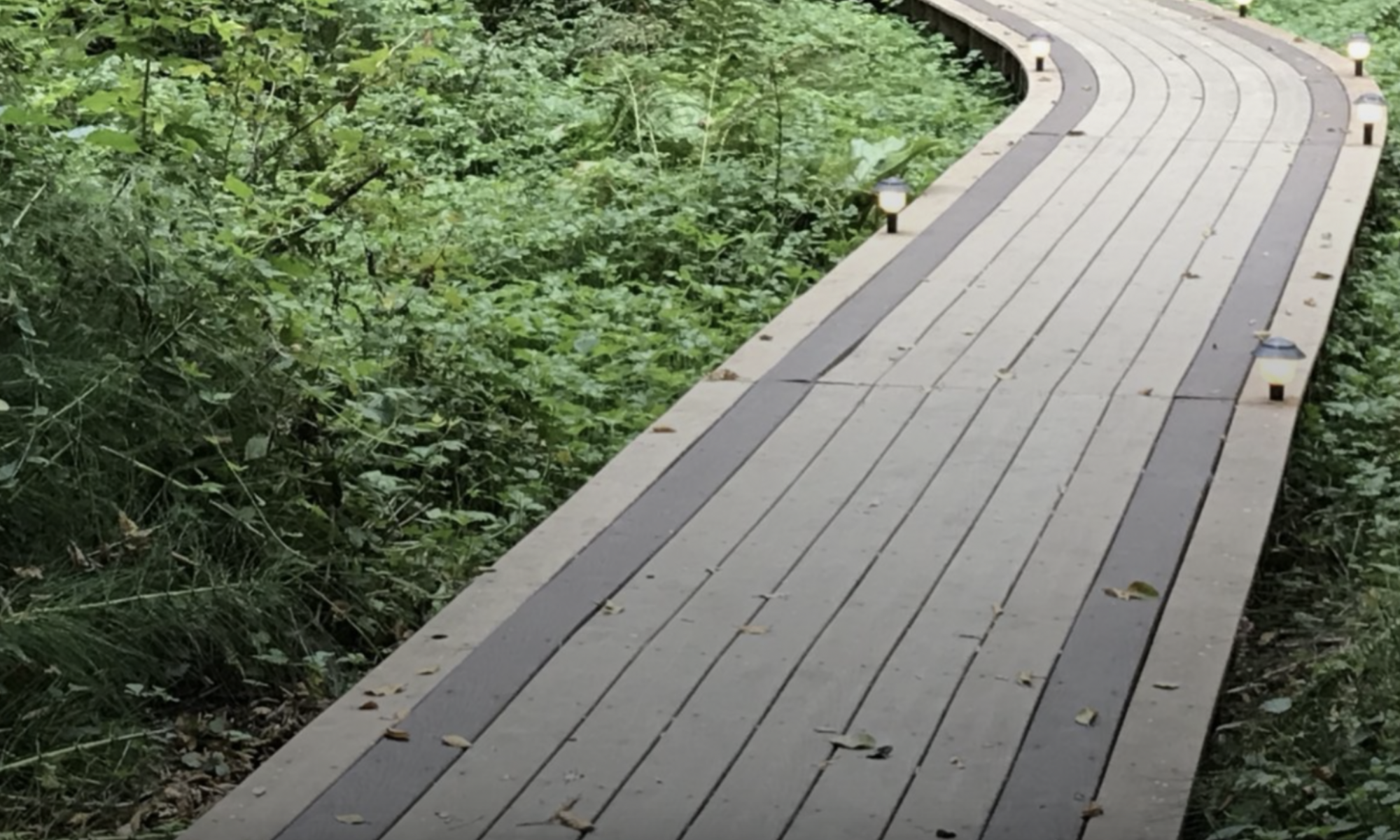
dsdf
I continue to learn that saying hello, a check-in, is one of the low-hanging fruits of participative leadership. Low-hanging, like the peaches on my trees from several years ago that were already ripe and did not need a ladder to be reached and picked. They were just available. Immediate harvest. Immediately delicious.
I also continue to learn that saying hello, a check-in, is often a missed step for people convening. I’m guessing that it is because people are really eager to get to work, perhaps a bit anxious about “wasting time.” Or it is just too obvious. Check-in is critical, not just nice. When shaped with a good question, check-in is what brings the group to life. It also brings the issue at hand to life. Immediate harvest again. And generally, immediate satisfaction.
One of the struggles that I’m seeing in people, even those committed to check-in, is that they treat it as obligatory rather than as opportunity. The step that you have to do but don’t really want to do. Like standing in line before being able to ride on the roller coaster ride. Those check-ins can lose value quickly.
Ok, so here’s a few tips to bring out the value that is a check-in.
- Treat it as essential. Like tying your shoes before trying to walk in them.
- Setting a boundary for check-in, not as a restraint, but as a kindness. Let people know when they have 30 seconds and when they have three minutes.
- Precede a check-in with a moment of centering, a start point. The easiest is thirty seconds of silence. Or offer a poem with just a wee bit of introduction, “As we check in, I wanted to offer this poem that means something to me and I think connects to what we are doing together today.”
- When the group is large enough that you feel you can’t hear from everyone, invite them to pair up or join groups of three. Two minutes per person in a small group does more to help people show up than a rushed 12 seconds each in the larger group.
- If you use small groups, invite a handful of people to share to the large group what they experienced in the small group. It helps weave together the energy of the group.
- Choose and vary your question. Sometimes the question is general; “How are you arriving?” Sometimes it needs to evoke direction: “What is important to you in our work today?” Sometimes, the question is just to invite a playfulness and imagination: “What is one thing that is making you curious these days (and why)?”
- Remember, that responses to a check-in question are rarely about right and wrong. We are just saying hello, not drawing uncrossable lines in the sand.
- Bookend the completion of a checkin with a simple acknowledgment. “I’m glad we are here together. Let’s carry the spirit of this hello with each other into the work that we’ve come to do today.”
There’s many other things you can do to improve and experiment with checkins. My suggestion is to remember that showing up is at least half of the work. Hello, a check-in, is just easy to reach as a simple step.
See also these reflections and list of questions from Amanda Fenton posted on The Circle Way website.



